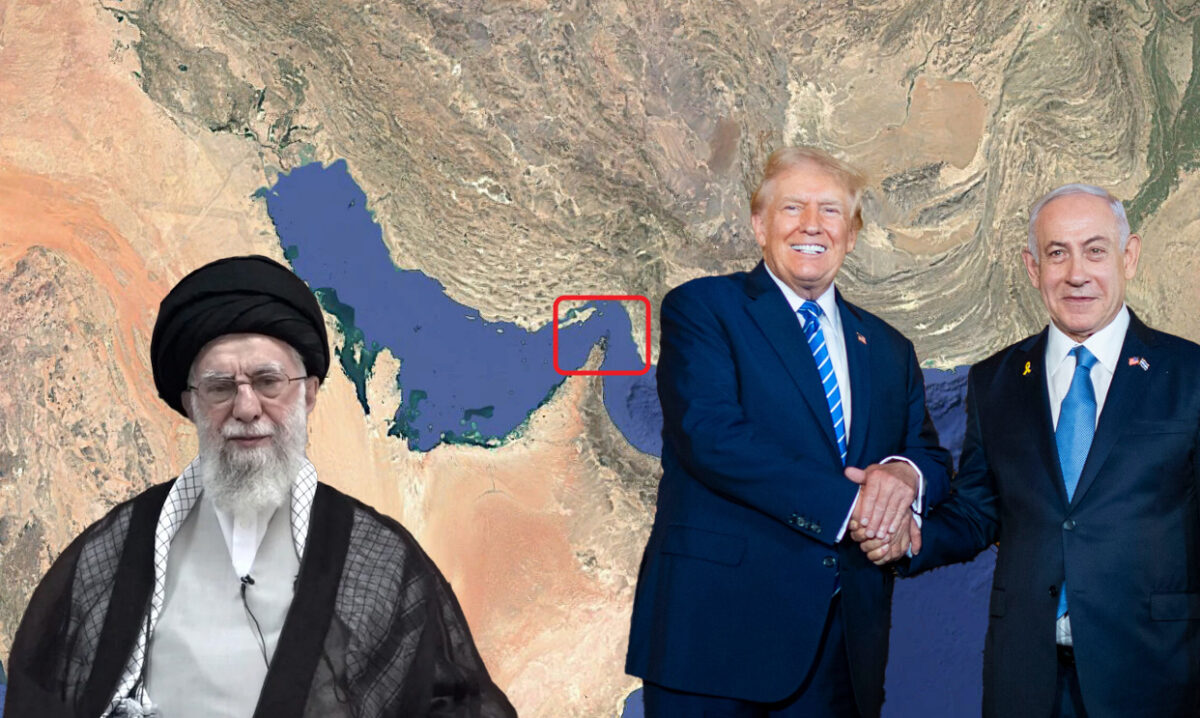As tensions flare in the Gulf, concerns are rising that Iran might retaliate against recent U.S. airstrikes by closing the Strait of Hormuz—the world’s busiest oil shipping lane. If that happens, the global economy could face a major shock.
But why is this narrow waterway so important? And what would a blockade actually mean for oil markets, global inflation, and some of the world’s largest economies?
Let’s break it down.
🌍 What Is the Strait of Hormuz—And Why Is It So Important?
The Strait of Hormuz is a narrow sea passage that connects the Persian Gulf to the Arabian Sea, flanked by Iran to the north and Oman and the UAE to the south. At its narrowest, it’s just 33km (20 miles) wide—but it’s deep and wide enough to allow the passage of the world’s largest oil tankers.
This tiny stretch of water is a global energy lifeline. According to the U.S. Energy Information Administration (EIA), about 20% of global oil and a significant chunk of natural gas—roughly 20 million barrels per day—pass through it.
That includes oil not just from Iran, but also from Saudi Arabia, Iraq, Kuwait, the UAE, and Qatar—key suppliers to markets like China, India, Japan, and South Korea.
🛑 What Happens if Iran Blocks the Strait?
A full or even partial closure could:
- Skyrocket global oil prices, potentially pushing them into triple digits
- Trigger inflation worldwide, especially in oil-importing economies
- Disrupt global trade, with thousands of ships forced to reroute or delay
- Rattle financial markets, from stock indices to currency exchange rates
According to analysts, China, India, and Japan—among the biggest buyers of oil from the Gulf—would be hit especially hard. China alone reportedly buys 90% of Iran’s oil exports, and about half of India’s crude flows through the strait.
⚔️ Can Iran Really Do It?
Technically, yes.
International maritime law gives Iran control over its territorial waters—up to 12 nautical miles—which includes much of the Strait. Iran has previously hinted at using its navy, fast boats, submarines, and sea mines to enforce a blockade.
But any such move would almost certainly provoke a swift military response. The U.S. Navy has a strong presence in the region, and history offers a precedent.
In the 1980s, during the Iran-Iraq war, a similar crisis known as the “Tanker War” saw attacks on commercial ships. The U.S. responded by escorting oil tankers through the strait—the largest naval convoy operation since World War II.
🧨 Will It Really Happen?
Iran has made such threats before—but never followed through.
Analysts say a blockade would be economically disastrous for Iran itself. Iran exported $67 billion worth of oil in the year ending March 2025—its highest revenue in a decade. Disrupting traffic through the strait could alienate allies and buyers, especially China, which depends heavily on Gulf oil.
“Iran risks turning its neighbors into enemies and upsetting its key market China by blocking the strait,”
— Vandana Hari, energy analyst
Even U.S. Secretary of State Marco Rubio warned that such a move would be “economic suicide” for Iran, urging China to use its influence to prevent escalation.
🔁 Are There Backup Plans?
Yes, but they’re limited.
Several Gulf countries have spent years developing alternative oil export routes to bypass the Strait of Hormuz. Here’s a look at what’s available:
- Saudi Arabia’s East–West pipeline: Can transport up to 5 million barrels/day to the Red Sea.
- UAE’s Abu Dhabi–Fujairah pipeline: Handles 1.5 million barrels/day to the Gulf of Oman.
- Iran’s Goreh–Jask pipeline: Recently completed, but has limited capacity—350,000 barrels/day.
Together, these routes can move about 3.5 million barrels/day—only a fraction of the 20 million barrels that normally transit the Strait.
📉 The Bottom Line
The Strait of Hormuz may be just a sliver of ocean, but its importance is colossal. A blockade—even temporary—could ripple across the globe, raising energy costs, disrupting supply chains, and unsettling markets already on edge.
While a full shutdown is still unlikely, even the threat is enough to send shockwaves. For now, investors, governments, and energy markets will be watching every move in the Gulf, hoping this flashpoint doesn’t ignite a global crisis.
Top-notch SEBI registered research analyst
Best SEBI registered Intraday tips provider
Telegram | Facebook | Instagram
Call: +91 9624421555 / +91 9624461555

